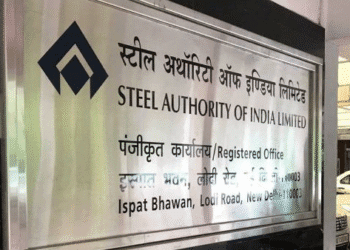Athira Sethu
Kochi, 12 June 2025
Over the last few years, most Indian startups initially established overseas in nations such as Singapore, the US, or the Cayman Islands have begun to shift their bases back to India. This phenomenon is referred to as reverse flipping.
What Is Reverse Flipping?
When a startup is initially registered overseas, yet its business, staff, and clients are all primarily in India, it’s known as a “flipped” company. These startups went overseas earlier to catch the attention of global investors, have improved regulations on taxes, or list their stocks overseas.
Reverse flipping refers to relocating the company’s headquarters (main office) to India. The company relocates its business, ownership, and significant things such as technology and trademarks to an Indian business firm.
Why Startups Are Coming Back to India?
- Improved Indian Market: The market in India is expanding rapidly. People increasingly seek to invest in Indian startups, particularly through IPOs (when a company issues its shares to the public for the first time).
- Strong Economy and Regulations: India has improved business regulations, reduced taxation, and a robust government backup. It becomes simpler to operate companies here.
- IPO Plans: There are numerous startups who aim to list their companies on Indian stock exchanges. They are able to raise funds from Indian investors and gain popularity back in their country.
- Supportive Government: The government of India is supporting startups with programs, simple rules, and capital. These simplify growing and conducting business.
How Do Startups Reverse Flip?
There are two common methods:
- Share Swap: Shares in the foreign company are exchanged for shares in the Indian company. But this involves high tax expenses.
- Inbound Merger: The foreign company is merged with its Indian subsidiary. This is tax-friendly and widely used by startups.
What Are the Challenges?
Reverse flipping is not simple. Startups have to comply with numerous legal and tax regulations in India as well as in the country they are exiting. They have to obtain Indian regulator approvals from RBI, SEBI, and courts as well.
They also have to modify the way they provide ESOPs (shares to employees) and ensure all is compliant with Indian laws.
Indian startups are coming back home because the Indian market is now robust, investors are willing, and the government is supportive. It’s not easy, but most startups feel reverse flipping is the correct decision for long-term growth and success in India.




















